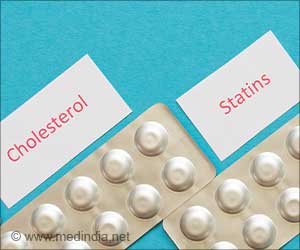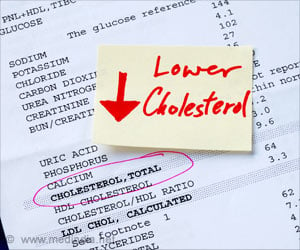For years biomedical researchers have known that high density lipoproteins, commonly called HDLs or "good cholesterol," are responsible for protecting humans from certain parasites. The mechanism however remained unclear but has now has been uncovered by Scientists.
Human HDLs work by serving as a platform for the assembly and delivery of two naturally occurring proteins that combine to create a super-toxic antimicrobial. The research, focuses specifically on human innate immunity to Trypanosoma brucei brucei, the parasite that gives African cattle the deadly disease called Nagana, but which doesn't harm humans even though scientists believe they are exposed to it.To identify the proteins known as apolipoprotein L-1 (apo L-1) and haptoglobin-related protein (Hpr), the researchers tested different permutations of the proteins on Trypanosoma brucei brucei specimens, which is dependent on HDL cholesterol for its survival. HDL proteins would be the ideal antimicrobial delivery because of its ability to blend with the drug. This can ensure effective killing of the parasite once the super-toxic protein mix is ingested.
The team is focused on understanding the molecular mechanisms behind a variety of parasites, including those that cause human African sleeping sickness, Nagana, and malaria. The research is crucial to finding creating better treatments, and possibly cures, for diseases that are ravaging the people and economies of places like Africa and other developing countries.











